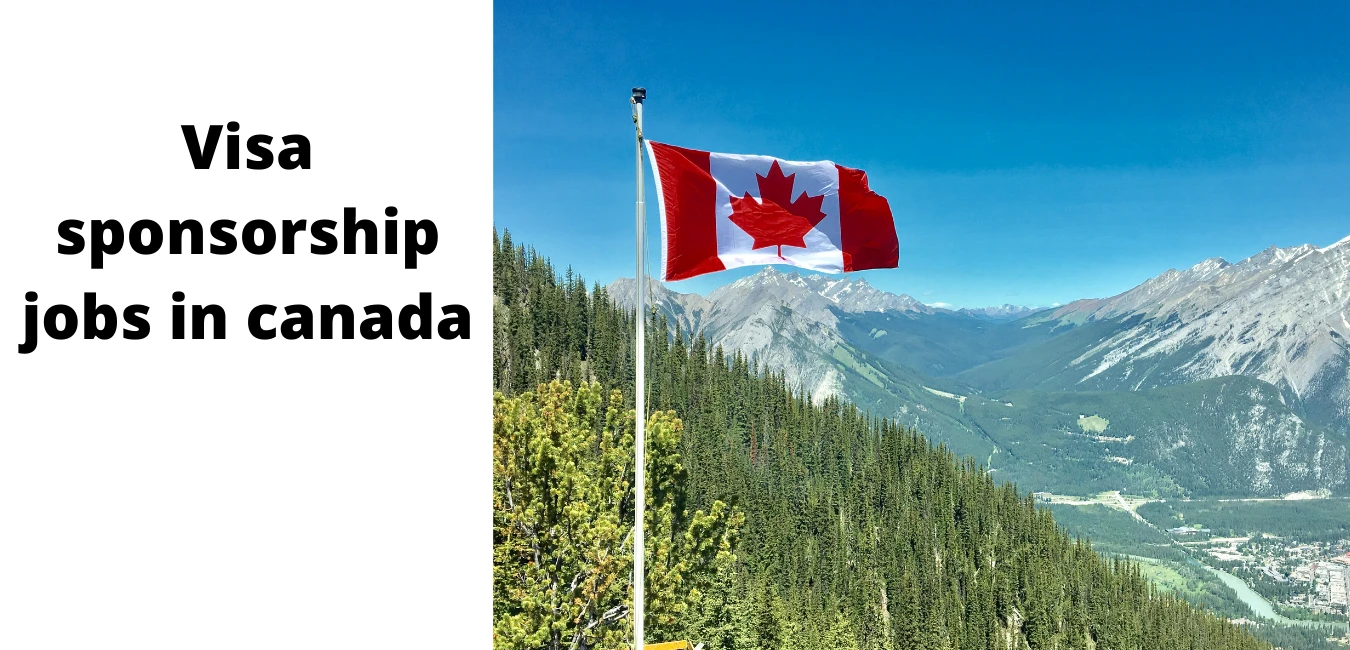Foreign workers face unique challenges when it comes to accessing healthcare abroad. The availability, quality, and cost of healthcare can vary significantly from one country to another, and navigating the healthcare systems of a foreign country can be daunting for those who are unfamiliar with the local customs and practices.
However, access to quality healthcare is essential for the well-being and productivity of foreign workers. This post will discuss different healthcare systems available for foreign workers abroad, their advantages and disadvantages, and how to choose the right healthcare system based on individual needs and circumstances.
This article discusses different healthcare systems available for foreign workers abroad, including those in the United States, Canada, Europe, Asia, Australia, and New Zealand. It covers the advantages and disadvantages of each system and offers recommendations for choosing the right healthcare plan based on individual needs and circumstances.
It emphasizes the importance of access to quality healthcare for foreign workers and provides an overview of the different types of health insurance available to them.
Healthcare System in the United States
The healthcare system in the United States is a complex mix of public and private entities, including government programs like Medicare and Medicaid, private insurance companies, and healthcare providers like hospitals and doctors. In general, healthcare in the US is funded through a combination of insurance premiums, government subsidies, and out-of-pocket expenses.
Foreign workers in the United States may have several options for health insurance, including private insurance plans, employer-sponsored plans, and government-sponsored plans like Medicare and Medicaid.
Private insurance plans can be purchased through insurance companies, while employer-sponsored plans are provided by employers as a benefit to their employees. Medicare and Medicaid are government-funded programs that provide health insurance to certain groups of people, including low-income individuals and the elderly.
The US healthcare system is known for its advanced medical technology and high-quality care, but it can also be expensive and difficult to navigate. One advantage of the US healthcare system is the availability of specialized care and cutting-edge treatments, particularly for serious or rare medical conditions.
However, the high cost of healthcare in the US can be a significant barrier for many foreign workers, particularly those without employer-sponsored coverage or government subsidies. In addition, the complexity of the US healthcare system can make it challenging for foreign workers to understand their coverage options and access the care they need.
Healthcare System in Canada
In Canada, healthcare is publicly funded and administered by the government. All Canadian citizens and permanent residents are eligible for publicly funded healthcare, but foreign workers must have private insurance or employer-sponsored coverage.
The Canadian healthcare system is funded through taxes and provides coverage for medically necessary services, including doctor visits, hospital care, and some prescription medications.
Foreign workers in Canada may have several options for health insurance, including private insurance plans and employer-sponsored plans.
Private insurance plans can be purchased through insurance companies, while employer-sponsored plans are provided by employers as a benefit to their employees. It’s important to note that foreign workers in Canada are not eligible for publicly funded healthcare unless they become permanent residents.
Would You Like To Apply For This Jobs/Sponsorship?
Enter Your Email Address HERE & You Will Receive a Notification About Your Application. If it shows "Subscribed" CLICK HERE to follow on Telegram for updatesThe Canadian healthcare system is known for its universality, accessibility, and affordability, but it can also be criticized for long wait times for non-emergency procedures. One advantage of the Canadian healthcare system is that it provides coverage for all medically necessary services, regardless of a person’s ability to pay.
This means that all residents have access to essential healthcare services, regardless of their income or employment status. However, the long wait times for some non-emergency procedures can be a disadvantage for some patients.
In addition, foreign workers may face challenges accessing healthcare if they don’t have private insurance or employer-sponsored coverage.
Healthcare System in Europe
The healthcare system in Europe varies from country to country, but most countries have a publicly funded system that provides coverage for all residents. The European healthcare system is funded through taxes and provides coverage for medically necessary services, including doctor visits, hospital care, and some prescription medications.
Foreign workers in Europe may have several options for health insurance, depending on the country they are working in.
In some countries, foreign workers are required to have private insurance, while in others, they may be eligible for public healthcare. It’s important to research the healthcare requirements and options for each individual country.
The European healthcare system is known for its universality, accessibility, and affordability, but it can also be criticized for long wait times for some procedures. One advantage of the European healthcare system is that it provides coverage for all residents, regardless of their income or employment status.
This means that all residents have access to essential healthcare services. In addition, the European healthcare system emphasizes preventive care and health promotion. However, some countries may have long wait times for some non-emergency procedures, and foreign workers may face challenges accessing healthcare if they don’t have private insurance or if they are not eligible for public healthcare.
Healthcare System in Asia
The healthcare system in Asia varies widely across countries, and there is no single system that applies to all countries. Some countries have publicly funded healthcare systems, while others rely on private insurance or a combination of both. The quality and accessibility of healthcare also vary widely across the region.
Foreign workers in Asia may have several options for health insurance, depending on the country they are working in. In some countries, foreign workers are required to have private insurance, while in others, they may be eligible for public healthcare. It’s important to research the healthcare requirements and options for each individual country.
The advantages and disadvantages of the Asian healthcare system depend on the individual country. Some countries in Asia are known for their high-quality healthcare services and advanced medical technologies, while others have lower quality healthcare and limited access to essential services.
One advantage of the Asian healthcare system is that some countries offer lower costs for medical procedures and treatments, which can be beneficial for foreign workers who are not covered by insurance.
However, language barriers and cultural differences may pose challenges for some foreign workers seeking healthcare services in Asia. It’s important for foreign workers to research the healthcare options and requirements for each individual country before traveling or working there.
Healthcare System in Australia and New Zealand
Both Australia and New Zealand have publicly funded healthcare systems that provide coverage for all residents, including foreign workers. The healthcare systems in both countries are funded through taxes and provide coverage for medically necessary services, including doctor visits, hospital care, and some prescription medications.
Foreign workers in Australia and New Zealand may have several options for health insurance, depending on their visa status and the length of their stay. In some cases, foreign workers may be required to have private health insurance, while in other cases they may be eligible for public healthcare. It’s important to research the healthcare requirements and options for each individual country.
The healthcare systems in Australia and New Zealand are known for their universality, accessibility, and high quality of care. One advantage of these systems is that they provide coverage for all residents, including foreign workers, regardless of their income or employment status.
In addition, both countries have advanced medical technologies and highly trained medical professionals. However, the cost of private health insurance in Australia and New Zealand can be expensive, and wait times for some non-emergency procedures can be long. Foreign workers should research their healthcare options carefully and consider purchasing private insurance if necessary.
Conclusion



![[FREE UK CoS🔥] Homecare Jobs Available In UK with Visa Sponsorships - Interested? CLICK HERE Home Care Assistant Jobs In UK](https://hotcampusnews.com/wp-content/uploads/2023/10/Home-Care-Assistant-Jobs-In-UK-150x150.jpg)



Will be happy
If this site can help with the non experience and train to relocate to canada
I’m interested